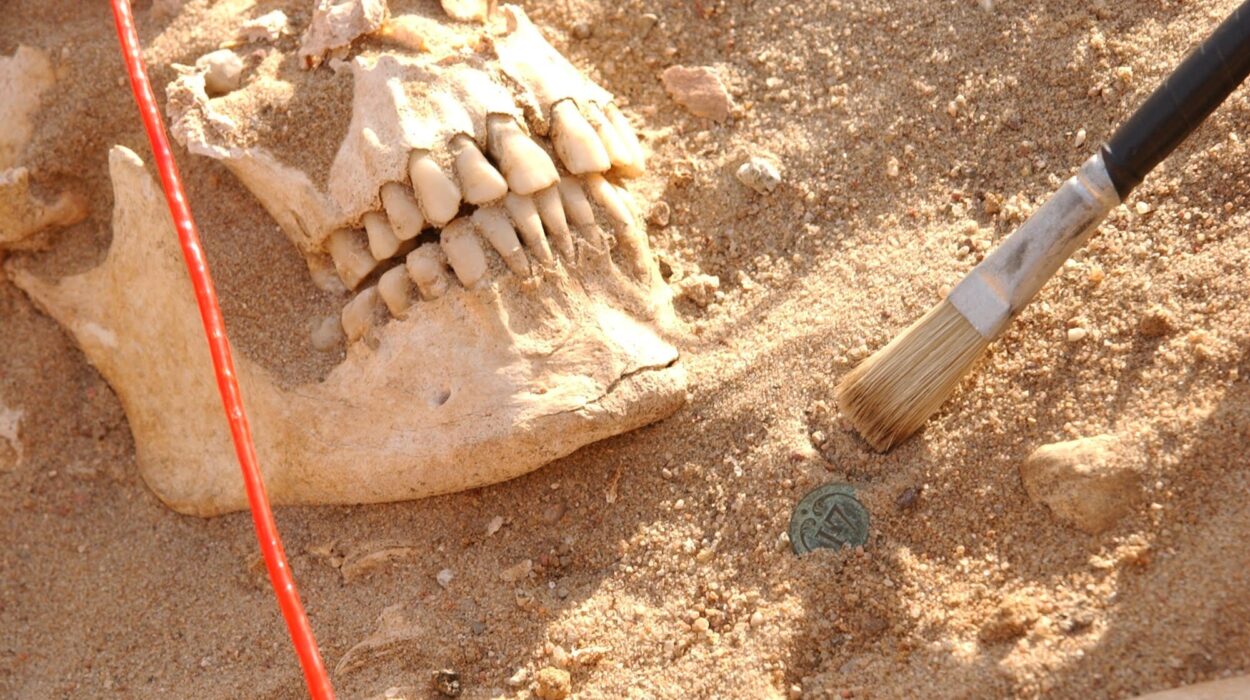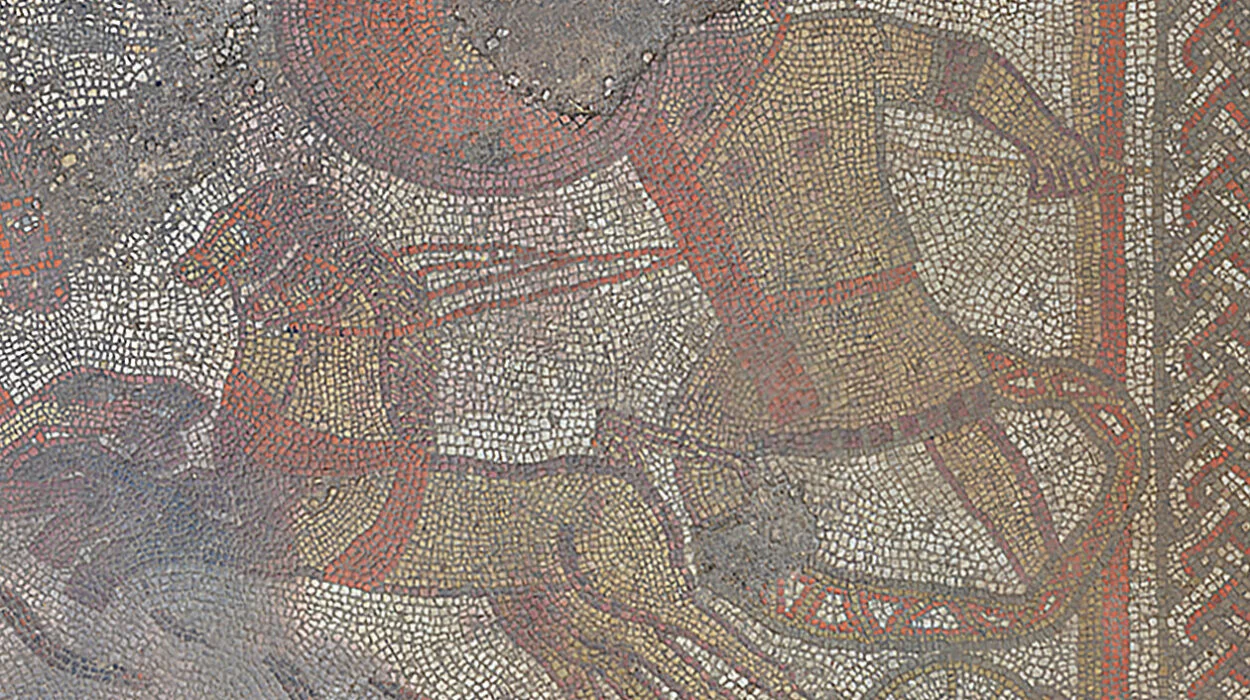The Olympic Games were more than mere athletic contests in ancient Greece—they were a living symbol of culture, religion, politics, and identity. Rooted in myth and sustained by ritual, the Olympics became the most prestigious festival in the Greek world, drawing athletes, poets, and spectators from every corner of the Hellenic world. To speak of the Olympic Games in ancient Greece is to speak of unity in diversity, of human striving for glory, and of the profound intersection between sport and spirituality.
The Games began in Olympia, a sanctuary dedicated to Zeus, the king of the gods. Here, among temples and sacred groves, men gathered not only to test their physical limits but also to honor the divine. The Olympic Games became so central to Greek life that they provided a way to measure time itself—historians often dated events by Olympiads, the four-year period between one festival and the next. The flame that first burned in Olympia would ignite a tradition that has endured across millennia, carrying echoes of its origins into the modern world.
The Mythical Origins of the Games
Like so much in Greek culture, the origins of the Olympic Games are woven into myth. One legend credits the hero Heracles (Hercules), son of Zeus, with founding the Games after he completed his twelve labors. Heracles is said to have marked out the sacred grounds of Olympia and decreed that contests be held every four years in honor of his father.
Another story tells of Pelops, a hero who won the hand of Hippodameia in a deadly chariot race against her father, King Oenomaus. To commemorate his victory, Pelops established funeral games that would evolve into the Olympics. These myths, though fantastical, reveal the essence of the Games: a union of athletic competition, heroic achievement, and religious devotion.
What is certain is that by 776 BCE, the Olympic Games had become a structured event recorded in history. From then on, they grew in prestige and complexity, becoming the pinnacle of Greek festivals. The blending of myth and reality gave the Olympics a sacred aura, making them not just a spectacle of sport but a divine offering to Zeus.
Olympia: Sacred Ground of Competition
The setting of the Games was as significant as the contests themselves. Olympia, located in the region of Elis in the western Peloponnese, was more than an athletic arena—it was a sacred sanctuary. The Altis, a sacred grove, housed temples, treasuries, altars, and statues, the most magnificent of which was the colossal statue of Zeus, one of the Seven Wonders of the Ancient World.
Before the Games began, rituals were performed to honor the gods. Athletes swore oaths at the altar of Zeus, promising fair competition. Sacrifices of bulls and offerings of gifts filled the air with incense and chants. Olympia became a place where the divine and the human met, where physical excellence was seen as an offering worthy of the gods.
The location also symbolized neutrality. Olympia was not a city-state but a sanctuary, and during the Games, the ekecheiria—a sacred truce—was declared. Wars were paused, and athletes and spectators were granted safe passage. In a world often torn by conflict, the Olympics offered a rare moment of peace, when competition replaced battle and unity outweighed division.
The Structure of the Games
The Olympic festival lasted five days, each carefully structured with religious ceremonies, athletic contests, and celebrations. The first day was devoted to sacrifices and oaths. The following days unfolded with the main events, culminating in the crowning of victors.
Competitions were reserved for freeborn Greek men, while women were excluded from both participation and spectating, except for the priestess of Demeter Chamyne, who held a place of honor. Separate games—the Heraean Games—were held for women in honor of Hera, Zeus’s consort.
Athletes competed not for money or material reward but for honor, fame, and a crown of wild olive leaves cut from a sacred tree in Olympia. This simple prize symbolized the purity of the competition and the glory that came from divine recognition. Yet victory carried immense prestige—poets celebrated champions in verse, statues were erected in their likeness, and their names echoed through history.
The Athletic Events
The Olympic Games featured a variety of contests, each designed to test different aspects of human ability. The original and oldest event was the stadion race, a sprint of approximately 200 meters. This single race defined the earliest Games, and for years the victor’s name was used to mark the Olympiad.
As the Games evolved, more events were added:
- The diaulos, a double stadion race.
- The dolichos, a long-distance race that tested endurance.
- Wrestling (pale), a contest of strength and technique.
- Boxing (pyx), a brutal test of endurance and power.
- The pankration, a no-holds-barred combination of wrestling and boxing, famed for its ferocity.
- Chariot racing, which thrilled spectators with speed, risk, and spectacle.
- The pentathlon, a five-event contest including running, jumping, discus, javelin, and wrestling, designed to crown the most versatile athlete.
These events reflected the Greek ideal of arete—excellence in mind and body. To win was to prove oneself not only the best but also closest to the divine perfection admired by the Greeks.
Training and Preparation
Athletes trained for years in specialized gymnasia and under the guidance of trainers and dieticians. Training was rigorous, combining physical exercises with strict diets designed to build strength and endurance. Competitors often lived in Elis for a month prior to the Games to train under the watchful eye of officials who ensured fairness.
Nudity was a distinctive feature of Greek athletics. Competitors performed without clothing, emphasizing the beauty of the human form and symbolizing equality among athletes. The body, sculpted through discipline, became an offering to the gods and a spectacle for the crowds.
The preparation was not only physical but also moral. Athletes were expected to compete honorably, and cheating was met with harsh penalties, including public humiliation and fines used to erect statues of Zeus as reminders of honesty.
The Cultural and Religious Significance
The Olympic Games were not merely about sport—they were deeply embedded in the cultural and religious life of Greece. Every contest, every sacrifice, every hymn tied the festival to the worship of Zeus. The crowning of victors at the altar of Zeus reinforced the sacred nature of athletic achievement.
Poets like Pindar immortalized victors in odes, blending praise with mythological references. Sculptors created statues of champions that adorned sanctuaries, linking human triumph to divine favor. The Games became a canvas where art, literature, and religion intersected with athletics, embodying the spirit of Greek civilization.
The Games also reinforced the concept of panhellenism, the shared identity of the Greek world. Despite political rivalries and frequent wars, the Olympics reminded Greeks of their common heritage, language, and gods. In Olympia, they were not Spartans, Athenians, or Corinthians—they were Hellenes united in celebration of life and competition.
Women and the Olympics
Though excluded from the Olympic Games, women were not absent from the athletic culture of Greece. The Heraean Games, dedicated to Hera, provided young women with their own festival, featuring footraces in Olympia. These events celebrated not only athletic ability but also the roles of women in fertility, marriage, and society.
Spartan women, unique in their culture, trained in physical activities and sometimes competed publicly. Their participation highlighted the varied roles of women across the Greek world, even as the Olympics themselves remained a predominantly male domain.
Politics and Power in the Games
The Olympics, though sacred, were not untouched by politics. City-states used the Games as platforms for displaying power, sponsoring athletes, and even building grand treasuries in Olympia. Victories brought prestige not only to individuals but also to their home cities, and rulers often sought to associate themselves with Olympic glory.
The sacred truce ensured peace during the Games, but politics often simmered beneath the surface. Some victors became political heroes, their triumphs seen as proof of divine favor for their city-state. Others leveraged Olympic fame to gain influence or leadership at home.
In this way, the Olympics were more than sport—they were instruments of diplomacy, propaganda, and cultural pride.
Decline and End of the Ancient Olympics
The Olympic Games flourished for over a thousand years, but by the late Roman era, their spirit began to wane. As Rome absorbed Greece, the Games continued but gradually lost their religious significance. Emperors participated in events, often more for show than competition.
By the 4th century CE, the spread of Christianity posed a challenge to pagan festivals. In 393 CE, Emperor Theodosius I banned the Games as part of his effort to suppress pagan practices. The sacred grounds of Olympia fell into ruin, temples were abandoned, and earthquakes and floods eventually buried the site under layers of earth.
The flame of the ancient Olympics was extinguished, but its memory endured. Centuries later, it would inspire the rebirth of the modern Olympic Games, carrying forward the ideals first celebrated in ancient Greece.
Legacy of the Ancient Olympic Games
The legacy of the Olympic Games is vast and enduring. They celebrated not only athletic ability but also ideals of fairness, unity, and excellence that continue to resonate today. The ancient Olympics established traditions still visible in the modern Games: the four-year cycle, the celebration of peace, the honor of victory, and the pursuit of excellence.
The rediscovery of Olympia in the 19th century reignited fascination with the ancient Games. Archaeological excavations uncovered temples, stadiums, and artifacts, bringing to life a world once thought lost. These discoveries inspired Pierre de Coubertin, founder of the modern Olympic Games, who saw in the ancient festival a model for international unity and cultural exchange.
Today’s Olympics, though global in scale and modern in form, still carry the spirit of Olympia. The lighting of the Olympic flame, the celebration of athletes from around the world, and the pursuit of glory all echo the ideals forged in ancient Greece.
Conclusion: A Timeless Celebration of Humanity
The Olympic Games in ancient Greece were more than competitions—they were sacred rituals, cultural festivals, and expressions of human aspiration. They connected body and spirit, mortal and divine, individual and community. For over a millennium, they stood as a testament to the Greek pursuit of arete—excellence in all things.
Though centuries have passed since the last ancient Games were held, their spirit endures. The roar of the crowd in Olympia, the pounding of feet on the stadion, the gleam of sweat under the Greek sun—all of it remains etched in history, a reminder of humanity’s timeless desire to strive, to compete, and to honor something greater than ourselves.
The Olympic Games of ancient Greece continue to inspire because they speak to something universal: the pursuit of greatness, the celebration of unity, and the eternal bond between human effort and the divine. They remind us that while empires may rise and fall, the human spirit—seeking glory, beauty, and meaning—remains undying.






